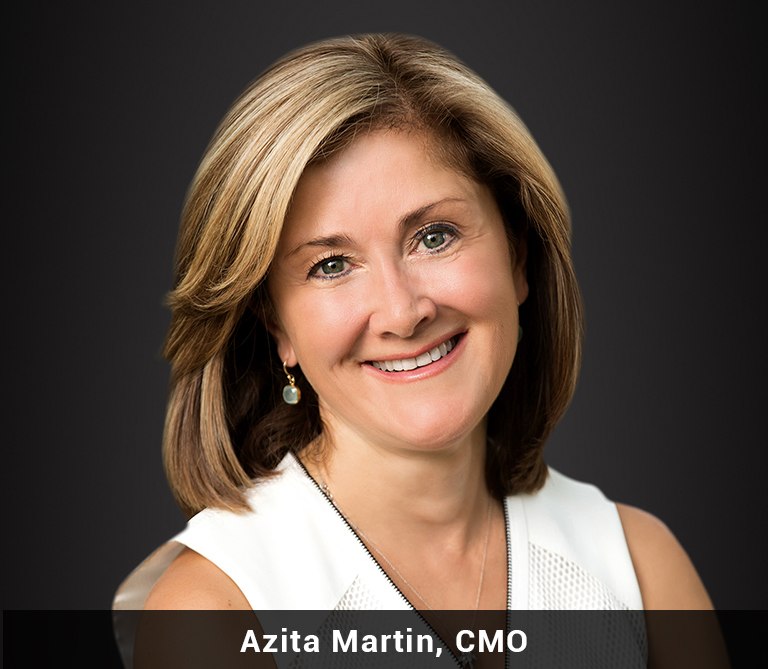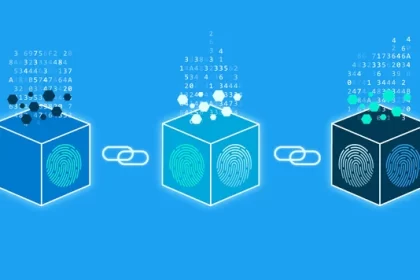According to research, the global digital health market size is projected to hit USD 509.2 billion by 2025, rising at a CAGR of 27.7 %. The proliferation of smartphones, the availability of decent internet facilities, and expanded awareness of digital resources for self-health are some of the factors pushing the market even further.
Digital innovations are not ends in themselves; they are essential tools for fostering health, safeguarding the environment, and helping vulnerable people. To achieve universal health coverage, it is crucial to leverage the power of digital technology. Breakthroughs in the digital world, change healthcare in many ways and allow people to lead a better quality of life with higher life expectancy.
Here are some developments in digital health tech that are expected to increase Healthcare Technology adoption for a better future:
mHealth: For Better Engagement
In the contemporary world, dominated by smartphones and wireless devices, cell phones can inexpensively expand access to quality healthcare to the remotest parts of the planet. Orchestrating mHealth plans will promote more significant interaction between the patient and the doctor and will genuinely assist in maintaining self-health.
Healthcare Technology IoT: Remote Monitoring Made Possible
Due to the advent of IoT, interactions between doctors and patients were limited to personal appointments, or even phone calls and text messages. IoT in healthcare has allowed physicians to monitor patients remotely and educate them on the treatment and other tasks to be done for optimal and rapid recovery. This, in effect, will enable patients to reduce the expense of travel by reducing the need for a patient’s physical appearance in the hospital.
Blockchain: Improving Security and Safety of Patient Data
Some of the main challenges for hospitals in today’s well-connected digital world are preserving the abundant healthcare data and shielding it from threats. Blockchain has enormous potential to improve patient and other healthcare data protection and privacy, and it also helps facilitate data interoperability for better management of healthcare.
Data Analytics: For Informed Decisions
Healthcare is well known for the unregulated growth of large data volumes. Yet if the data was leveraged to derive insights, it will undoubtedly bring new possibilities for the Healthcare Technology . However, the problem here is to organize the ever-increasing data to get insights from it. By correlating the data analyzing it, Big Data Analytics lets doctors gain information and equips them to handle the diseases better.










